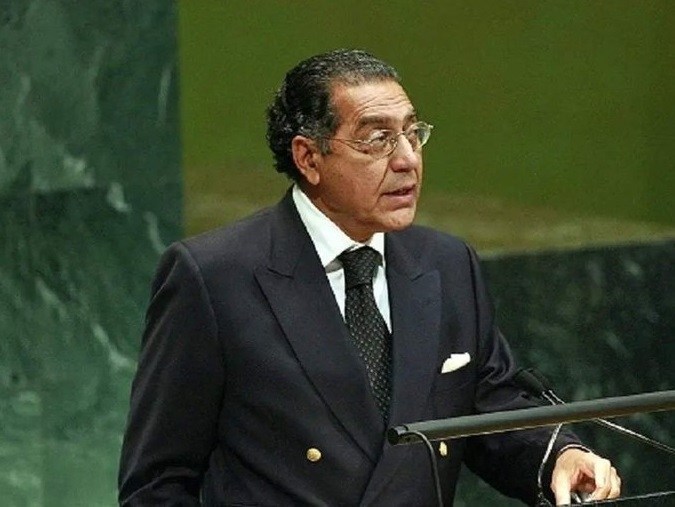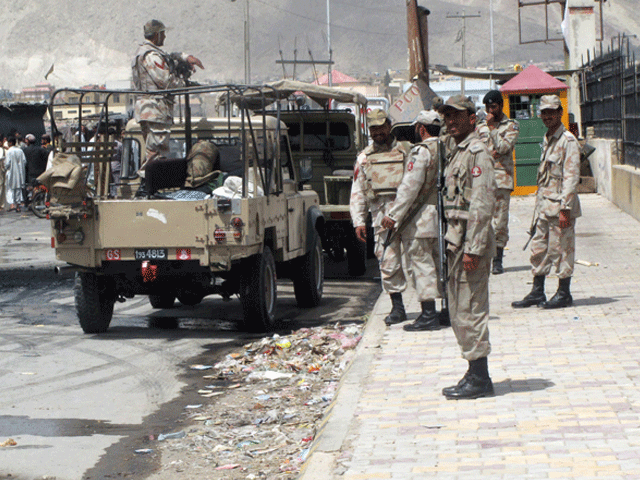
Pakistan has warned that attempts by aspirants of permanent seats on the UN Security Council — India, Brazil, Germany and Japan, known as G-4 — to railroad efforts to reform the 15-member body would kill the consensus-based process to make it more effective, representative and accountable.
“The Inter-Governmental Negotiations (IGN) remains the only credible platform for a comprehensive reform of the Security Council,” Ambassador Munir Akram said while reaffirming Pakistan’s strong opposition to creating new permanent members.
“Any attempts to undermine or derail the IGN process will prove counterproductive,” the Pakistani envoy said when the long-running IGN process resumed in New York on Monday.
Having failed to evoke support for their bid for permanent membership of the Council, he said that the G-4 members were trying to create the ‘fear’ that the opportunity for reform may soon be lost unless their procedural moves to short circuit the process were endorsed.
At the 1st meeting of the IGN today, I reiterated 🇵🇰 ’s principled position for a comprehensive #UNSC reform. We are prepared to breathe new life in the IGN process but some want to kill it. pic.twitter.com/qiI5wbAitC
— Pakistan Permanent Representative to UN (@PakistanPR_UN) January 25, 2021
“We are prepared to breathe new life in the IGN but some states are bent upon killing the process,” Ambassador Akram said.
Full-scale negotiations to reform the Security Council began in the General Assembly in February 2009 on five key areas the categories of membership, the question of veto, regional representation, size of an enlarged Security Council, and working methods of the council and its relationship with the General Assembly.
Despite a general agreement on enlarging the Council, as part of the UN reform process, member states remain sharply divided over the details.
The G-4 has shown no flexibility in their push for expanding the Council by 10 seats, with six additional permanent and four non-permanent members.
On the other hand, the Italy/Pakistan-led Uniting for Consensus (UfC) group opposes any additional permanent members, saying it would make the Council less representative, less effective and more divided and will diminish the right of the vast majority of the UN membership to serve on the Council.
On its part, UfC has proposed a new category of members not permanent members with longer duration in terms and a possibility to get re-elected.
Pakistan and the UfC believe that creation of new permanent seats will defeat the purpose of SC reform. This will make the Council less representative, less effective and more divided, and will diminish the right of the vast majority of the @UN membership to serve on the Council.
— Pakistan Permanent Representative to UN (@PakistanPR_UN) January 25, 2021
The Security Council is currently composed of five permanent members Britain, China, France, Russia and the United States and 10 non-permanent members elected to serve for two years.
In his remarks, Ambassador Akram said that the UfC proposal to add 11 new non-permanent seats would redress the ‘deficit’ of equitable representation in the Security Council, as it accommodates the interests of all groups.
In 1945, he said, the Council represented 20% of the membership of the United Nations today, it represents 8% of the membership.
"In 1945, there was one non-permanent seat for 8 member states today, there is one non-permanent seat for 19 member states."
"A third of the UN members have never served on the Council Saint Vincent and the Grenadines, for example, is only the second Small Island Developing State (SIDS) to ever serve on the Council."
The Pakistani envoy added that UfC’s proposal can accommodate the aspirations of the African Group, the SIDS, and the Arab Group, and the OIC. The G-4, he said, was unlikely to apply Africa’s regional approach to their own regions.
The UFC's proposal can accommodate the aspirations of the African Group, the SIDs, and the Arab Group, & the OIC. The G4 is unlikely to apply Africa's regional approach to their own regions.
— Pakistan Permanent Representative to UN (@PakistanPR_UN) January 25, 2021
The consensus-based African model is anchored in the twin imperatives of ‘representation’ and ‘accountability’, he pointed out.
"Pakistan and the UfC are keen to build on the progress made during IGN’s previous sessions," Ambassador Akram said, adding that it was only through dialogue and consensus that a solution, enjoying the widest agreement of member states, could be achieved.
“We are ready and willing to work with you to promote this objective,” the Pakistani envoy said.









1732343209-0/BeFunk_§_]__-(36)1732343209-0.jpg)







COMMENTS
Comments are moderated and generally will be posted if they are on-topic and not abusive.
For more information, please see our Comments FAQ